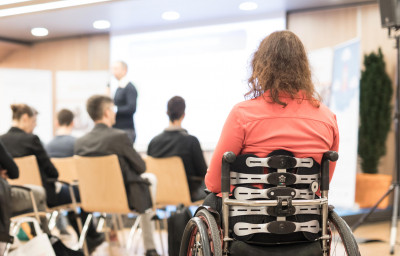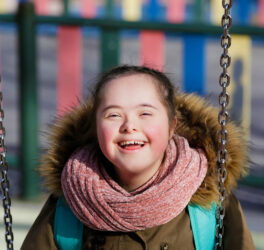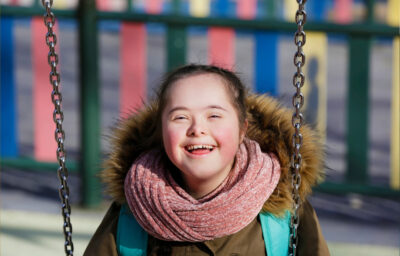
The University of Cambridge research concludes that teachers with disabilities remain ‘on the margins’ of a drive for greater inclusivity in schools. It draws on in-depth interviews with several teachers to suggest ways this could improve.
The study identifies the need to encourage more people with disabilities into teaching, highlighting the skills, knowledge, and empathy they can bring to classrooms.
The authors suggest that teachers with disabilities continue to experience discrimination not because of colleagues’ innate prejudice, but because of the general pressure on schools created by various performance targets, making it difficult for them to accommodate staff with different needs.
This may explain the reasonably overt discrimination that some interviewees recounted: including a case where one teacher was told to ‘grit her teeth and get on with it’ when she requested time off work, and another in which a staff member was disciplined after devising workarounds for systems that she couldn’t use.
The study itself is small, offering a snapshot of disabled teachers’ working lives using pre-existing evidence and detailed interviews with 10 professionals. This, however, reflects the under-representation of disabled people in teaching: the last time the Government recorded their numbers (in 2016), of the data returned, just 0.5% of teachers self-reported as disabled in stark contrast to the estimated 16% of working age disabled adults in the general population.
It is, however, also one of the only studies of its kind. The authors state that disabled teachers are ‘typically marginalised within research, as well as mainstream education’, and express the hope that their work will make the case for further evidence-gathering to inform policy and practice.
The study was carried out by Professor Nidhi Singal and Dr Hannah Ware, from the Cambridge Network for Disability and Education Research (CaNDER), in the University’s Faculty of Education.
“There has been a significant focus on making mainstream schools more inclusive for disabled children and others. However, disabled teachers, who are entrusted with enacting that ethos, seem to have been side-lined in those efforts. These findings raise a serious question: How can we possibly promote inclusivity in schools if it only extends to children?” said Dr Ware said:
The interviews revealed significant commonalities of experience. Perhaps surprisingly, the teachers were overwhelmingly positive about their relationships with pupils. Many had developed coping mechanisms to handle their disability in the classroom: for example, one dyslexic teacher explained how she actively used her disability as a basis for ad-hoc spelling challenges in class.
The findings also suggest that disabled teachers can be highly empathetic and skilled at differentiating their teaching and learning methods to suit all students. By definition, they also help to make schools more inclusive and promote positive attitudes towards people with disabilities.








